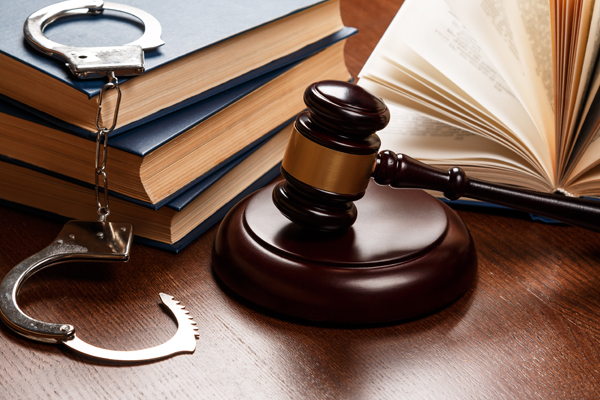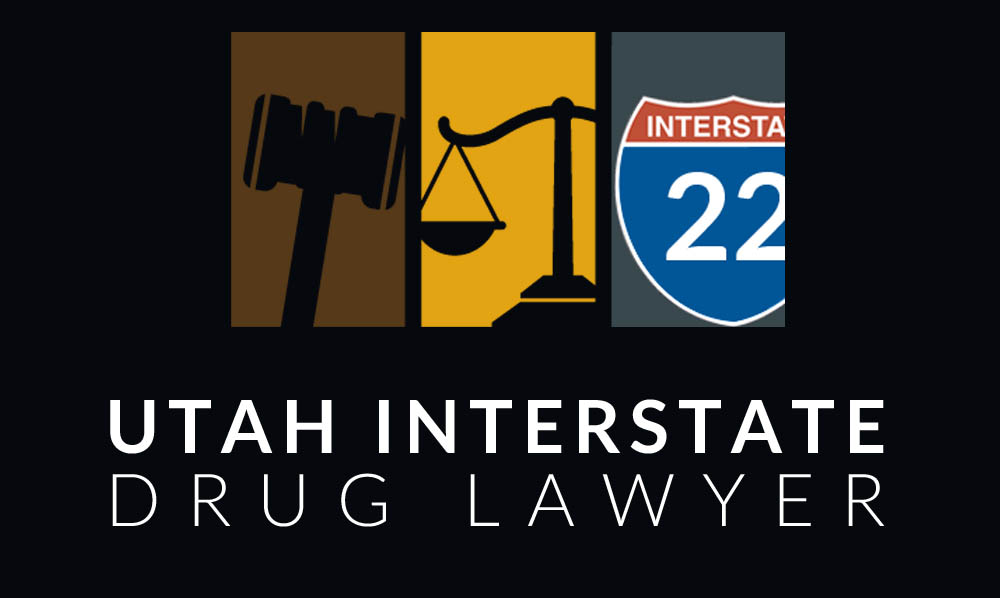A false drug arrest is under the classification of a wrongful arrest or unlawful imprisonment and happens when someone wrongly holds you against your will or takes you right into detention for drugs. A number of false arrests usually begins as a false accusation or complaint, in which an unproven or unfounded accusation is given against a particular person. False accusations happen as the result of willful lying or unintended circumstances involving faulty information. It could also occur due to deliberate or unexpected suggestive examining, or unsound interviewing techniques.
False arrest and, in some instance, faulty allegations, are criminal offenses and a civil harm, giving the victim the right to sue for damages in a civil lawsuit.
Police Officers Committing False Arrests
A lot of people feel that whenever authorities commit unlawful arrest, they usually have a serious lack of evidence– but this is not the standard. Both private individuals and law enforcement agents can commit this unlawful act when they behave past or beyond the range of their authority. An example would be if a policeman apprehends somebody because that individual insulted the policeman or did something the police officer really disliked. Since it is not against the law to disrespect an officer, the policeman is actually the one who is acting illegally. In this case, it is possible, though very rare, that a prosecutor could charge the officer involved with false arrest
It should be kept in mind that the defendant has no right to defy or resist arrest, although they recognized that the basis for the apprehension was untrue. Resisting physically can put the defendant behind bars, and it is because of this reason that most criminal defense attorneys counsel their client never to literally resist an arrest. Doing so can easily result in you being harmed, arrested and jailed because only a court can decide if an arrest is legal or illegal. Save your energy in the courtroom.
Private Persons Committing False Arrest
Anyone who holds back someone without that person’s consent and without lawful authority commits the crime of false arrest, which includes private individuals like a guard. Private security personnel are legally permitted to momentarily detain someone suspected of theft in order to investigate the situation or hold that person until the police shows up, but only if they are truly and reasonably sure that the person is shoplifting.
Suppose, that a security guard approaches a shopper and didn’t notice the shopper exit with unpaid merchandise (nor did anyone else). If he were to use force, the threat of force, or normally limits the shopper without consent or lawful reason, the guard is committing illegal detention.
The Distinction between False Arrests and Bad Arrests
Imagine someone whom the police arrested solely because of another person’s testimony. The evidence later shows the sworn statement was false or the person without reservation lied. If the police apprehends the person on a warrant issued as a result of fabricated statements, this is described as a “bad arrest.”
You see, just as long as the judge found the statement reasonable at the time, the police acted accordingly in making the arrest and if a court finds out the truth, the defendant is discharged. Within this circumstance, there is no chance the discharged defendant can take action against the police for unlawful arrest; nevertheless, the particular person making the false allegations may be sued for any damages suffered, along with being apprehended and imprisoned for swearing a false oath.
You Can Sue for False Accusations
The effect of false accusations may be ravaging to a particular person’s reputation. The usual types of false allegations include child abuse, drug abuse, or really the commission of any crime. A victim of false allegation can sue for defamation, which may either be in the form of slander, libel or defamation of character.
Defamation of character pertains to the act of making incorrect statements about a person which blemishes or taints his/her reputation. Smear campaign can either be libel or slander. Slander is a false statement made with the purpose of harming a personal credibility. So as to succeed in court, the individual must have made the claims maliciously to hurt the reputation of a person for their own personal gain. Libel means any false and harmful published statements with the intent to ruin someone’s reputation. Like slander, to prove libel in court, it has to be revealed that the released allegations were not only disparaging and offensive but also made in malice.
False accusation is considered by the courts to be in the defamatory category, and damages for such false statements are assumed and do not need to be proven. You can effectively sue somebody for wrongly charging you of acts that did not take place or actions which did occur but you are wrongly being implicated. These persons can include law enforcement agents that acted without probable cause or anyone who shows malicious intent. The matter of false allegation in the criminal sphere is so serious that proof of loss does not have to be shown by the victim before they can obtain damages.
Disregarding a Civil Right
When somebody has been falsely apprehended, they sometimes file a complaint alleging a violation of their rights, otherwise referred to as “Section 1983” suits. They are called this because they were named after the federal law, United States code section 1983, and because of this they are tried in a federal district court.
Individuals most typically file 1983 cases after the use of excessive or unreasonable force while acting in their official capacity, referred to as acting “under color of law.” If the police, as an example, obtain a warrant to search your residence and, while performing the search, choose to use mace on you and your family while you were compliant, their excessive force violated your legal civil rights and you can sue them. If, however, you get into a fight with a non-uniformed, off-duty law enforcement officer, that officer is probably not officially acting as a representative of the state and you probably can’t demand civil rights infractions.
Individuals Need To Get a Lawyer
If you believe you’ve been apprehended, linked to a drug case without basis, or if you believe the authorities are acting outside their appropriate authority, you should talk to a criminal defense lawyer as early as possible. You should never make any declarations or submit a complaint with the police or investigators until you’ve had a chance to talk with a legal representative. If you feel your rights have been violated as a result of a false drug arrest, or you need someone to represent you against illegal charges, contact a defense lawyer as quickly as possible.
Recent Posts
- How To Get The Best Interstate Drug Trafficking Lawyer in Murray WY
- How To Get The Best Interstate Drug Trafficking Lawyer in Logan WY
- How To Get The Best Interstate Drug Trafficking Lawyer in Millard County WY
- How To Get The Best Interstate Drug Trafficking Lawyer in West Jordan WY
- How To Get The Best Interstate Drug Trafficking Lawyer in Cache County WY

